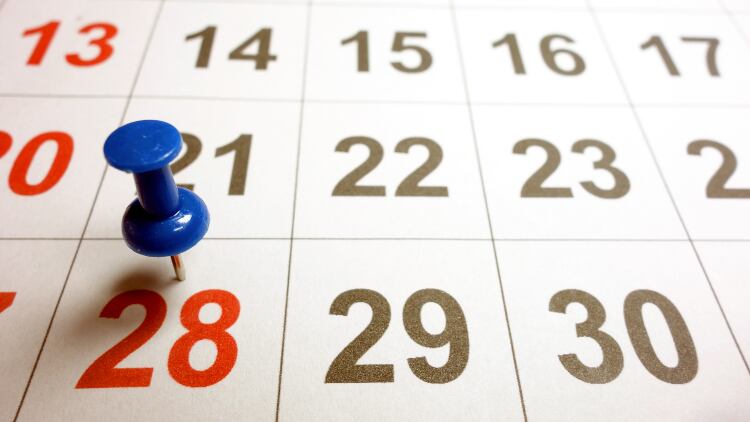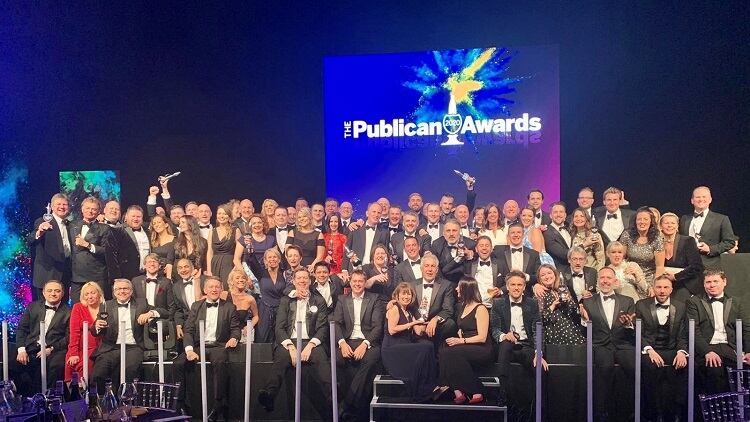Live music complaint
Q: I operate a busy pub in the middle of a city centre but there are residents living extremely close to the premises.
Over the past few months, I have had DJs playing at the premises on Friday and Saturday evenings without any issues. Two weeks ago, I had a live band playing until midnight on a Saturday. I did not receive any calls from residents to say there were any problems with noise but today I received a visit from the environmental health officer at the council.
The officer confirmed there had been complaints of noise when the live band were playing and asked to check my licence. While we were looking at the licence, I discovered I had confused the timings for live music with recorded music and I was actually only licensed for live music until 11pm, while recorded music is unrestricted. There is a condition on my licence requiring a noise limiter to be in place and while there is a limiter at the premises, it is relatively new and is not connected yet as it was replaced when I refurbished the pub a year ago.
The officer was vague about what the next steps would be and I am worried about the course of action they may take. Could I lose my premises licence?
A: There are two separate issues here but both could potentially be serious so it is important to be proactive and work with the authorities and residents.
It is an offence under section 136 of the Licensing Act 2003 to carry on licensable activities otherwise than under and in accordance with an authorisation. The issues are the playing of live music outside the times permitted on your premises licence and, depending upon the wording of your noise limiter condition, a potential breach of condition. Both of these are possible criminal offences and you could therefore be prosecuted.
There is also the risk of enforcement action such as being served with a noise abatement notice or a review of your premises licence. If this is the first time such issues have arisen, the authorities may exercise some leniency and simply give you a formal warning.
My suggestion would be that you speak to the environmental health officer to find out what their plan of action is and, if necessary, arrange a meeting with them and the licensing authority. You could also contact local residents and perhaps also invite them to a meeting if they have concerns they wish to discuss. I would suggest getting your noise limiter connected and calibrated quickly and ensure your staff are fully trained on the terms of your premises licence.
Push on unrelated matter
Q: I have submitted an application to vary my premises licence in order to change the plans as I will be carrying out a refurbishment of my pub in a few months’ time.
I currently operate a Challenge 21 policy very successfully and the premises has passed all test purchases that have taken place. The police have objected to the application and are pushing me to implement Challenge 25, saying this is the perfect opportunity to update the licence. Can I be forced to accept the condition suggested by the police?
A: Any representations made to an application must relate to the subject matter of the variation. A simple plans change is unlikely to raise the risk of underage sales at the premises and the evidence you have is that Challenge 21 is working very successfully.
I would suggest you speak to the police and try to negotiate, stating that any representations must be relevant to the actual variation you are seeking. Of course, the police may choose to maintain their objection and trigger a hearing before the licensing sub-committee but it is worth trying to reach agreement before this becomes necessary.
If the council’s licensing policy does not make recommendations upon the specific ‘Challenge’ policy and you have evidence Challenge 21 is working successfully, it is going to be difficult for the police to justify any change to the current condition.
For any legal enquiries please visit Poppleston Allen's website.




